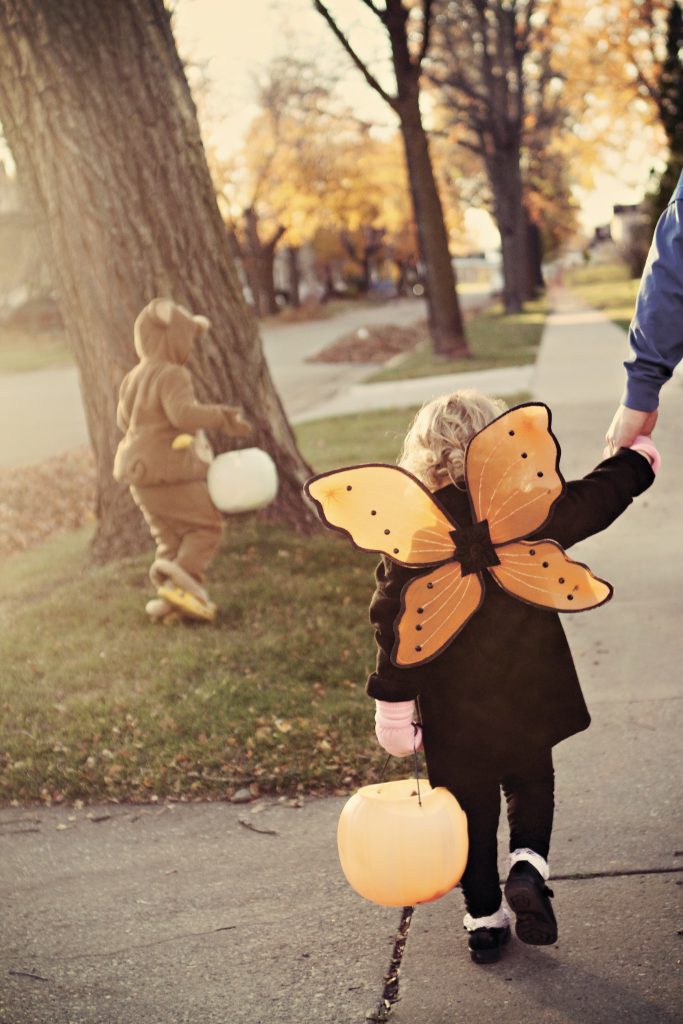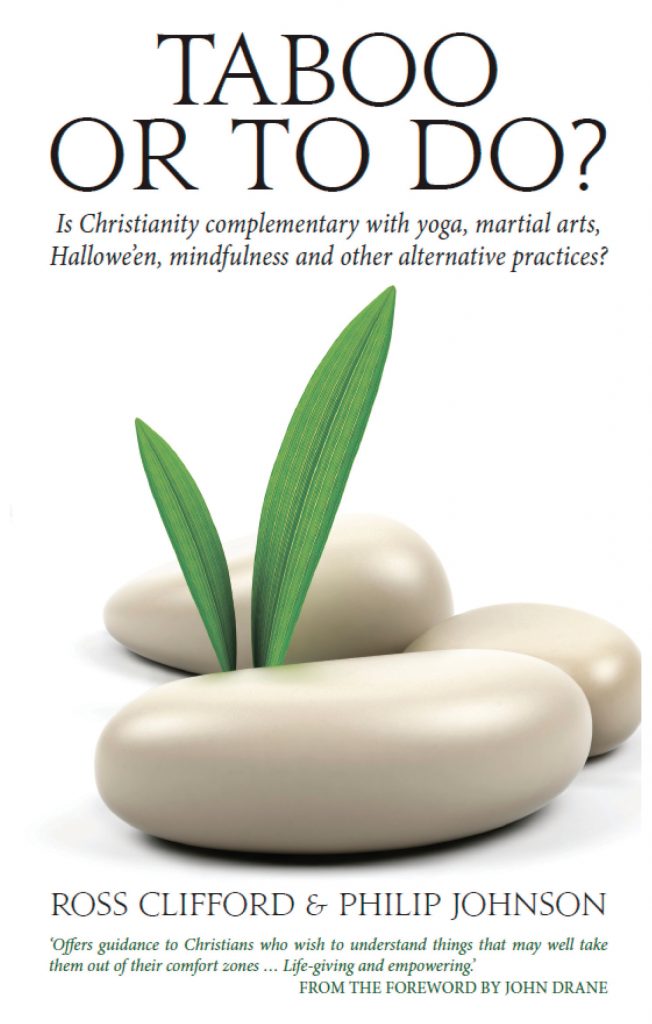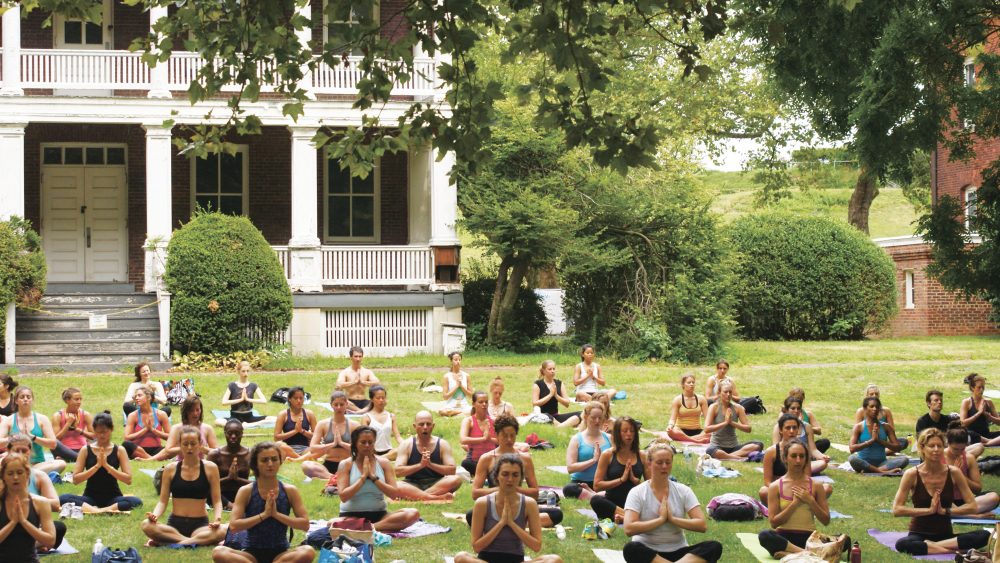Jackie Confalone, a certified fitness instructor, has grappled with a dilemma facing many Christians today. She belongs to an evangelical church and encourages Christians to adopt healthy routines of living that promote fitness. She teaches classes in yoga, pilates and T’ai Chi.
For some Christians, that previous sentence triggers alarm bells about spiritual discernment and concerns about deception. However, many Christians explore activities like yoga for their own personal development, while others explore the same things but with an eye on missional outreach.
YOGA FOR JESUS?
Jackie’s story takes us to all the hot-button issues that swirl around controversial practices such as yoga. Her first yoga teacher was very explicit in classes about the exercises forming part of a spiritual package originating in Hinduism. This immediately raised a matter of discernment for Jackie because she did not wish to compromise her faith. She withdrew from the class and shopped around until she found a yoga teacher who had little interest in Hinduism. Jackie teaches fitness classes using “yoga”, in both church and secular settings, and is very conscious of not wanting people to turn away from Christ.
…not all yoga practitioners are committed to Hindu faith.
She is fully aware that in its origins and traditional form, yoga is a Hindu school of thought that claims to bring practitioners into union with the god Shiva. Jackie admits that the four-letter word “yoga” does trigger off disturbed reactions among some Christians who quite rightly are very wary of being exposed to Hinduism.
However, she has found that not all yoga practitioners are committed to Hindu faith. Just as Christmas and Easter have become commercialised events that are often disconnected from Christianity, so too yoga has been undergoing the same sort of process of change across the Western world.
…there are those who see yoga as a bridge for introducing people to the person of Christ.
If you shop around, like Jackie, you will find some practitioners who do insist on strict adherence to Hindu teaching, while others have completely divorced the exercises from their original Hindu roots.
Then there are those who see yoga as a bridge for introducing people to the person of Christ. Jackie has found that by teaching yoga exercise classes, the door has opened wide for her to have great conversations with her pupils about following Jesus. For Jackie, the operative question is not “Should a Christian do yoga exercises?” but rather “Am I open and obedient to the Holy Spirit’s promptings in all choices in my life?”

Trick of treating on Halloween RebeccaVC11 License
For Christians who are uncomfortable with yoga but are interested in fitness and well-being, there are various case studies in our new book, Taboo Or To Do?, of other programmes in churches, such as PraiseMoves and Holy Yoga. Holy Yoga has had such an impact in Australia the secular media recently featured stories on it. In both of these cases, exercises and postures are directly linked to praising Jesus through music and words.
“SPOOKY HALLOWE’EN”
Many Christians in Australia and England feel wary about Hallowe’en (a contraction of All Hallows’ Evening) because of its “spooky” links with pagan beliefs and its crass commercialism. Some regard Hallowe’en as “taboo”. The questions many Christians ponder about it include:
• Is Hallowe’en just another commercial rip-off?
• Is it tainted by “demonic” influences?
• Does it present churches with a missional opportunity?
• Is it a combination of all of the above?
Not every Christian sees Hallowe’en as a threat.
Phil Wyman is a pastor in Salem, Massachusetts which in American colonial days became infamous for its witch trials. Today, Salem is the home for many who profess to follow various forms of witchcraft and pagan-based nature religion. During the entire month of October, the city celebrates the season of Hallowe’en. Unlike those who feel threatened, Pastor Wyman sees this festival season as an opportunity to talk about Jesus. His church sets up a stall that plays music, distributes free cups of cocoa and offers spiritual counselling to the community.
GRAPPLING WITH HALLOWE’EN
Scottish Theologian John Drane, who wrote the foreword to our book, observes that a strong emphasis on the devil’s power, combined with a heavy reliance on spiritual warfare tactics, is the primary reason why English and Australian churches have tended to be very hostile toward Hallowe’en. American churches, however, seem to react quite differently. Many see it as a missional opportunity to connect with the local community.
Cars parked in the church grounds have their open boots (trunks) filled with sweets, cakes, toys, prizes and advice on how to help support charities.
In Taboo Or To Do? we outline an interesting form of outreach known as “Trunk or Treat” that has emerged in the USA and been transplanted to Australia. This involves creating a safe and fun space for children and their parents. Cars parked in the church grounds have their open boots (trunks) filled with sweets, cakes, toys, prizes and advice on how to help support charities. There are also games and activities related
to presenting faith in a non-coercive respectful way.
Pastor Mike Jones moved to Australia from the USA in 2004 and has brought the trunk or treat alternative to a church culture that is alarmed by Hallowe’en. On the Sunday preceding Hallowe’en, he challenged his congregation, “Some of you may be concerned about what we are going to do if some kids come dressed as gruesome creatures, devils, vampires or witches. Well, if that’s the case, and it probably will be, we are going to let them in, love them, be gracious to them and care for them.” His small Lakeside Baptist Church, with a Sunday school of twenty-five children, connected to one hundred and eighty children in the Hallowe’en outreach!
One grandparent who attended said, “I just can’t believe the church just cares for our families so much that you would do all of this.”
IS IT TABOO OR TO DO?
The stories of Jackie, Phil and Mike are not isolated ones. This is the world we are living in and these are the questions that Christians and local churches are asking: Can I be in a yoga class and not compromise my faith? Is Hallowe’en a demonic festival that glorifies evil and spiritually corrupts children? Should our church hall be rented out for karate classes? What should I do at school or the work-place when it is compulsory for me to attend a mindfulness meditation session?
We take up such issues and discuss them in our new book Taboo Or To Do? – Is Christianity Complementary with Yoga, martial arts, Hallowe’en, Mindfulness and other Alternative Practices? which is published by Darton Longman and Todd. We believe this is the area where Christians and churches are interacting every day. While doctrinal issues, such as new perspectives on Paul, are important, they are clearly not the concerns that the person in the pew is confronting.

Taboo or To Do? Darton Longman and Todd
From our own experience we wanted each chapter to present background, contact points, biblical discernment and practical case studies. The aim is to assist each individual Christian and church to make up their own mind on these matters – in a godly way. Our book is suitable for individual and group study.
The other night we were speaking at a church on these Eastern spiritual practices and how they are impacting our everyday lives. A couple of school students related that their school runs yoga and mindfulness programmes and they are obliged to participate in them. They were really grateful for what we shared, as their parents were also struggling over their involvement. The programmes were helping them personally but they needed to talk through the issues to see if they were right for them as young Christians.
This is our world; we must have the conversation.

